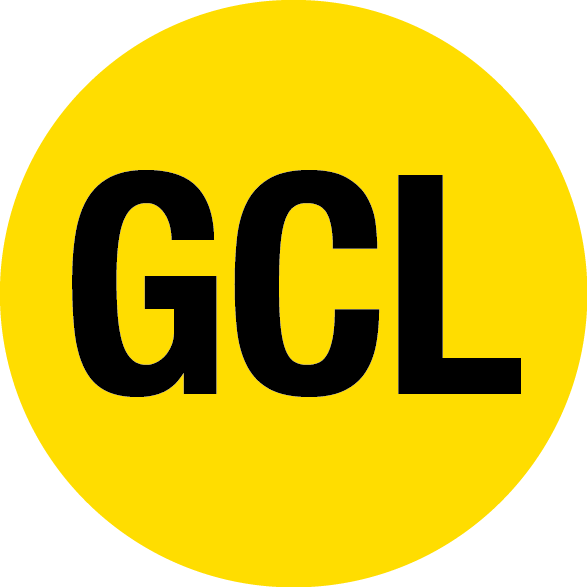GLOBAL CITY SCHOOL LEADERS: Our research questions
The Global City Leaders (GCL) study fills a knowledge gap in evidence related to how young leaders are strengthening their own leadership skills, improving schools, and planning their futures. Our research will provide a new set of insights into young leaders’ lives and experiences and, more specifically, what they believe will sustain them in the profession. Our study strives to answer the following four questions:
- How have young leaders’ careers developed? We explore how participating young leaders have experienced their careers to identify if there are any emerging patterns within and across city-based cohorts. Specifically, we are interested in patterns of progression from job to job, mentoring relationships, training, and development. Data has been collected during individual young leader interviews and network events.
- What opportunities and challenges do young leaders face in leading their schools? We work with young leaders to explore their views on the opportunities and challenges of leadership from their vantage points and within their Global Cities. We explore the knowledge, skills, and understanding young leaders believe support their success and the age-related pressures they feel influence their work. Data has been collected at network events and during first individual interviews.
- Do young leaders perceive an intersection between their age, experience, gender, ethnicity, and nationality and their leadership work? Specifically, we want to understand more about how young leaders conceive of their personal and professional identity. We also explore how leaders interpret the intersection of these factors in relation to their own personal and professional development, leadership practice, and how they are treated as leaders. Data has been collected during the first and second individual interviews.
- How are young leaders leading their schools? We are interested in the leadership models and/or approaches GenX Global City leaders employ within their schools to identify if there are any emerging unique practices. We want to understand more about whether, based on GenX theory, this cohort of young leaders have patterns in how they approach collaboration, use technology, and nurture colleagues. We collected this evidence during final individual interviews and during our 9 school study visits via interviews with leaders and teachers.
Our research strategies
As GenXers ourselves, we realized quite quickly during the pilot that our research approach needed to reflect the age cohort of leaders we work with. Our project approach is distinctly designed to attract and retain GenX leaders. As such, we create opportunities for leaders to collectively discuss their own priorities and experience and interact with other leaders from their cities. We wanted to provide opportunities for young leaders to network with each other and to bring policy and practice leaders into the research program throughout the study. Our data collection strategies have included: networking events for young leaders (annually); individual interviews with young leaders (Years 2 and 3); and policy analysis and interviews with policy leaders to build the city-based policy context studies (Year 1). Our detailed research strategy resources will be available here shortly.
Public engagement as our priority
We are committed to working with colleagues in schools, districts/Local Authorities, unions, organizations and government. We engage a wide range of stakeholders during design, analysis and knowledge sharing phases of our projects. Our team's efforts were recognized when we were awarded the IOE Director's Prize for Public Engagement. Our work was included in the recent UCL IOE Public Impact Report and we are often asked to give talks on our public engagement strategies. We even visit Rhyl Primary School in Camden to do an annual talk for 200 8-11 year olds on how amazing it can be to be a researcher!!



